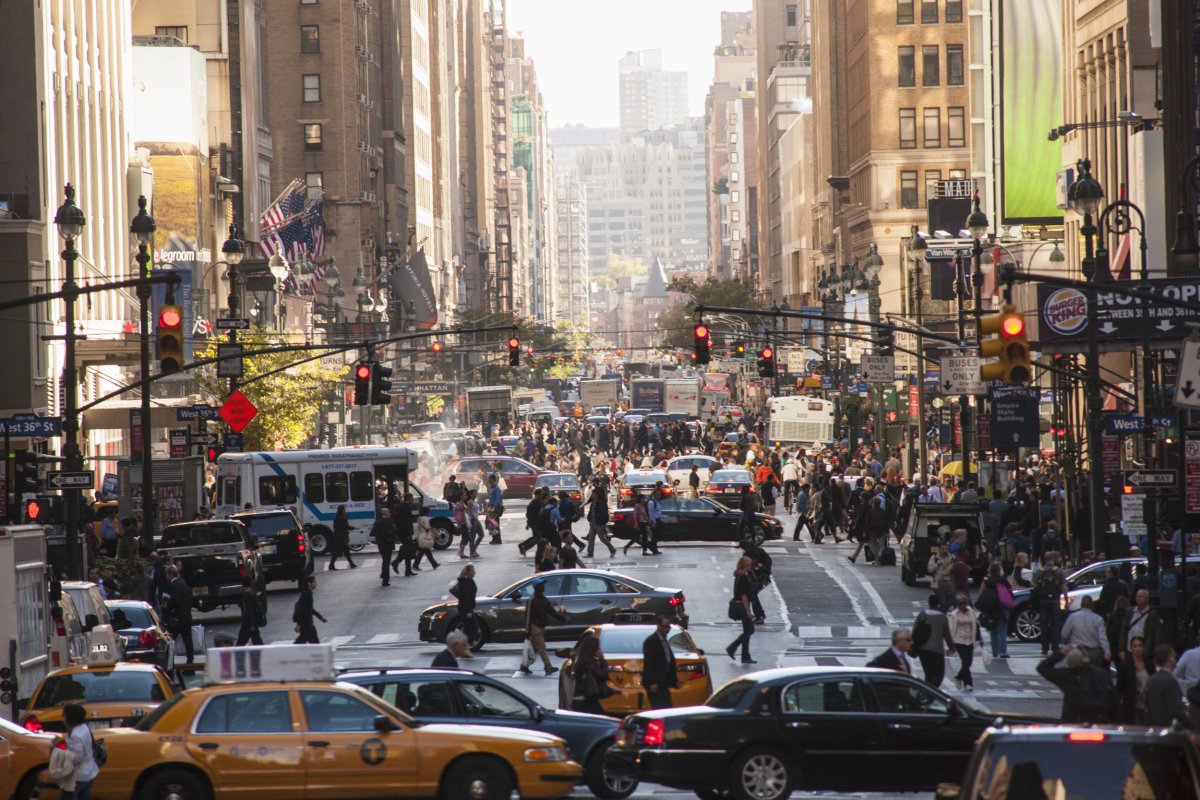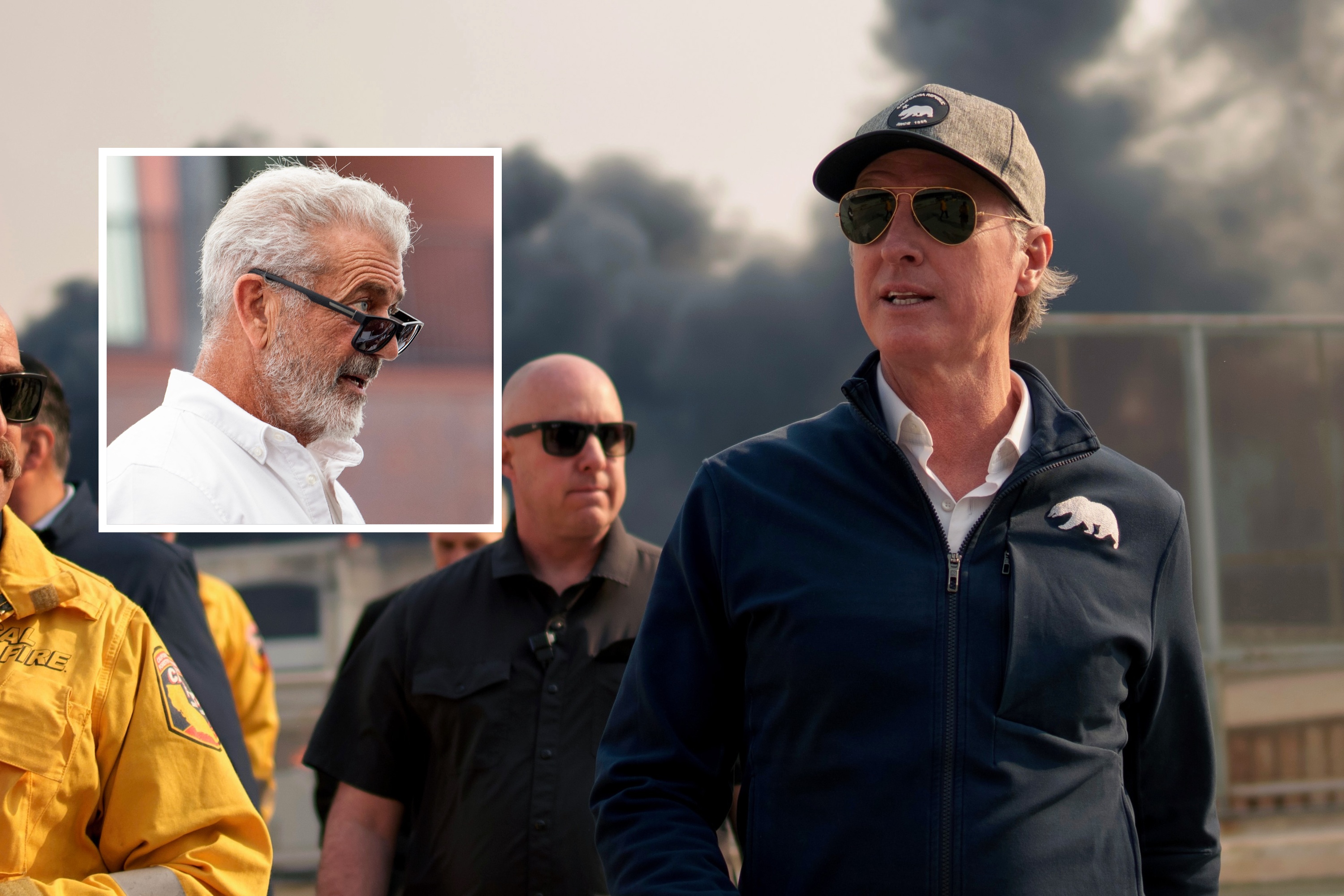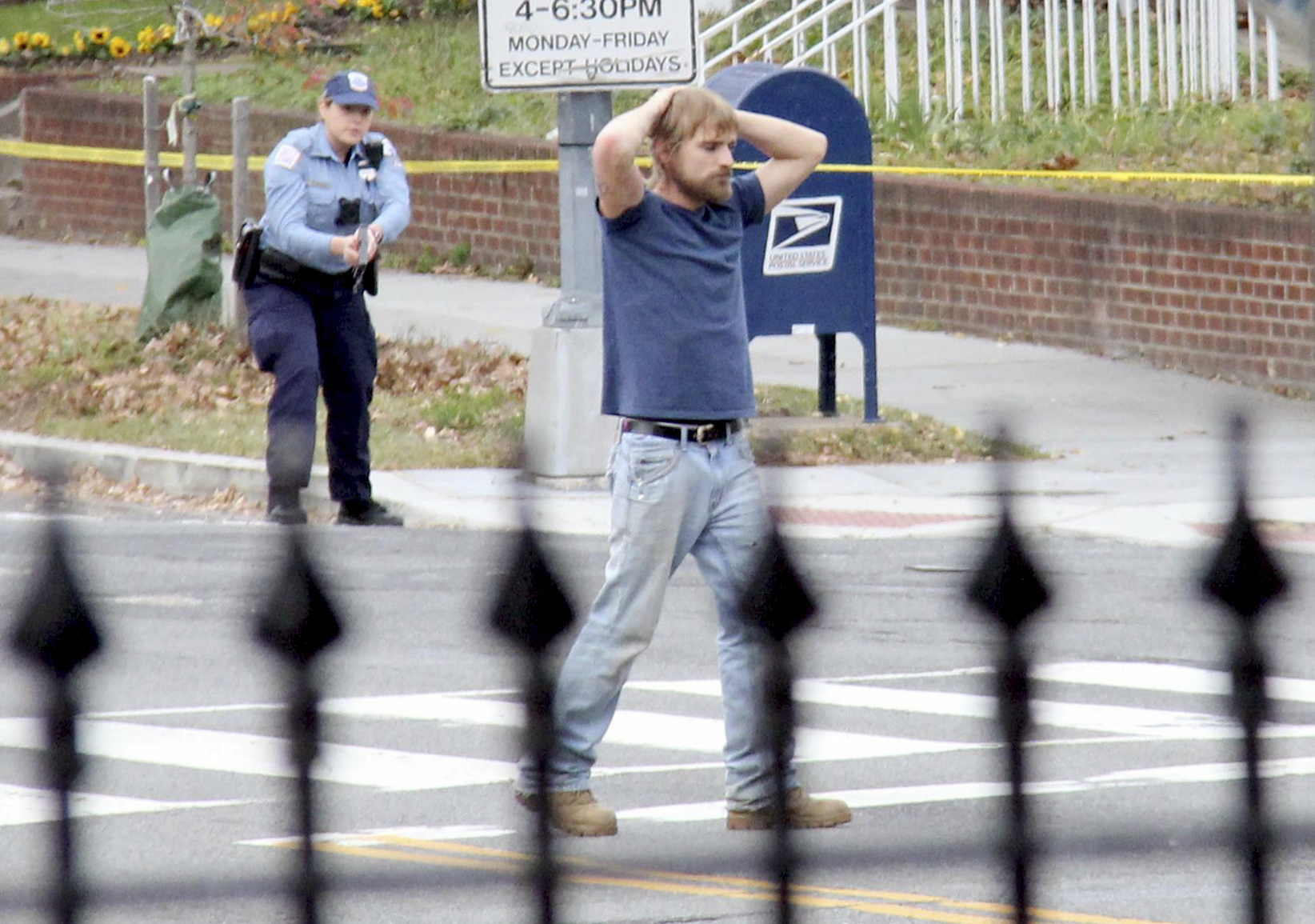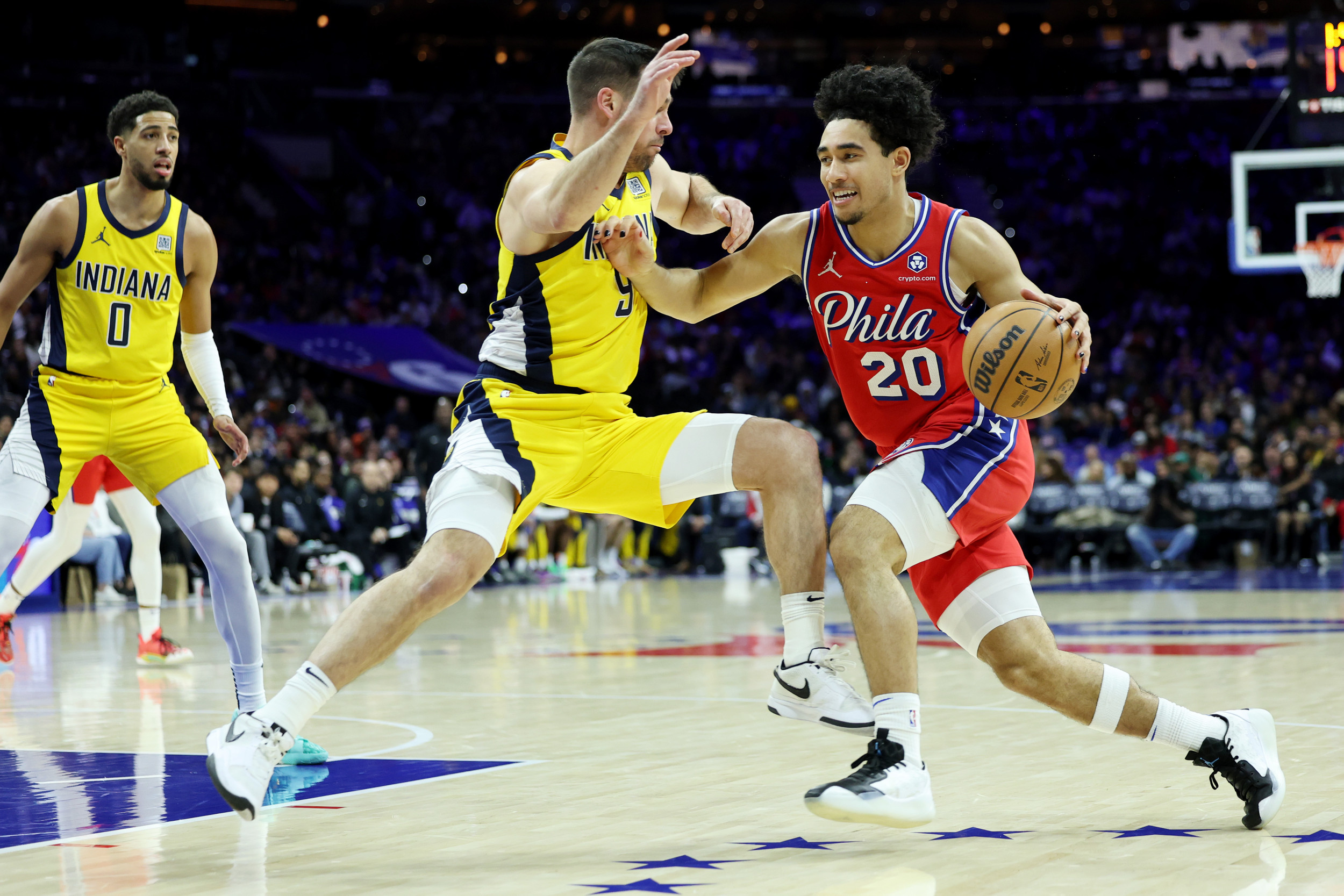The average driver lost $771 in time and productivity due to traffic jams in 2024, a transportation analyst at INRIX told Newsweek.
Why It Matters
INRIX, a global transportation data and analytics leader, released its 2024 global traffic scorecard, identifying and ranking congestion trends in nearly 1,000 cities across 37 countries.
The data shows a trend with an economic boom that cities and towns have been experiencing since reopening after the COVID-19 pandemic. While the United States traffic levels are still behind 2020, a return to work and new events and businesses have re-energized downtown trips throughout the country.
What To Know
Overall, congestion on the roads has led to drivers losing an average of 43 hours to traffic in 2024. Nationwide, this costs $74 billion in lost time.
"Even though people are losing over $700 on average, it doesn't seem to deter them (from driving) in that sense," Bob Pishue, transportation analyst at INRX and the author of the scorecard, told Newsweek. "It was like you could always complain about the traffic, but then during Covid that went away. We had other things going on that took a high level of importance and justifiably so. Now that we're almost five years out from the beginning of the pandemic, traffic congestion is rising to that annoyance level again."

New York City and Chicago were the most congested areas in the United States, with 102 hours wasted each. Pishue, however, wasn't shocked by the data, as "Chicago bounced back in terms of traffic" after the pandemic, as they started their economic recovery "a little bit sooner."
Areas that are pushing for workers to return to office also saw higher congestion levels, Pishue said. San Jose, a "very tech heavy area," saw a 33 percent decrease in remote work and a 42 percent increase in commuters. San Francisco and Seattle also saw similar issues, with their work-from-home models falling 24 percent and 19 percent respectively, according to the report.
Denver, while ranked as the country's 15th most congested city, saw the biggest increase in traffic jams with 19 percent more delays compared to 2023.
The Top 10 Most Congested Urban Areas in the US are:
- New York City with 102 hours lost in traffic in 2024
- Chicago with 102 hours lost in traffic in 2024
- Los Angeles with 88 hours lost in traffic in 2024
- Boston with 79 hours lost in traffic in 2024
- Philadelphia with 77 hours lost in traffic in 2024
- Miami with 74 hours lost in traffic in 2024
- Houston with 66 hours lost in traffic in 2024
- Atlanta with 65 hours lost in traffic in 2024
- Washington, D.C., with 62 hours lost in 2024
- Seattle with 63 hours lost in 2024
Globally, the Top 10 Most Congested Cities in the World are:
- Istanbul, Turkey, with 105 hours in traffic in 2024
- New York City with 102 hours in traffic in 2024
- Chicago with 102 hours in traffic in 2024
- Mexico City, Mexico, with 97 hours in traffic in 2024
- London with 101 hours in traffic in 2024
- Paris with 97 hours in traffic in 2024
- Jakarta, Indonesia, with 89 hours in traffic in 2024
- Los Angeles with 88 hours in traffic in 2024
- Cape Town, South Africa, with 94 hours in traffic in 2024
- Brisbane, Australia, with 84 hours in traffic in 2024
Pishue also added that nine out of 10 of the US's largest metro areas saw trip increases into the core downtown areas. Places like Boston, Seattle and San Francisco hold at least 10 percent of their region's jobs in the downtown area, making people dependent on travel there when jobs return to in-person and social activities become more rampant, Pishue said. Houston saw the largest increase with 25 percent more trips than in 2023.
Saturday and Sunday evenings also saw large increases in trips, with a 9 percent increase from last year. Pishue called this "promising," noting the large developments local governmental officials pushed for throughout the country following the pandemic.
While people traveling to downtown areas is often beneficial to all, it can also "hinder the economic growth that led to traffic congestion originally."
"That's kind of a double-edged sword," Pishue told Newsweek. "I like to see people taking trips, to do things that they want to do, to see business conducted, to see electricians going out and fixing buildings and homes. Unfortunately, though, all of that personal activity results in traffic."
There will also then in turn become an "increased demand of deliveries and freight movement to accommodate population growth and movement," Pishue said. Congested roads lead to delays and increased costs of goods.
"While it's good for the economy that people are back taking trips," Pishue told Newsweek, "remember that it makes getting a plumber more costly. They can fit in fewer appointments. It affects fire and EMS response, so all of these externalities that come to it too are also negatives of it."
In New York, however, to almost combat the congestion by implementing a new toll for drivers entering the center of Manhattan. The $9 charge, which debuted last weekend, is in effect from 5 a.m. to 9 p.m. on weekdays and 9 a.m. to 9 p.m. on weekends. During off hours, the toll will be $2.25 for most vehicles.

Similar tolls are being discussed in cities like Chicago.
"It's a little too early to tell but I think that we at the end of the day are going to see changing commute paths," Pishue told Newsweek.
What's Next
Pishue said he's looking forward to seeing the effects of the new New York toll charges. While they've been implemented in European towns like London, this is the first time a driving fair for a set area has been constructed within the United States.
"People are watching this pretty closely and we'll see how that plays out," Pishue told Newsweek. "It'll definitely deter people, and that's sort of the rational behind this: if you perceive your trip worth less than $9 and the cost of congestion and cost of lost time, we weigh our decision and go it's not worth it for me to pay that toll. The price does affect what people choose to do."
Pishue also suggested that better transit networks could potentially alleviate congestion pressures.




















 English (US) ·
English (US) ·